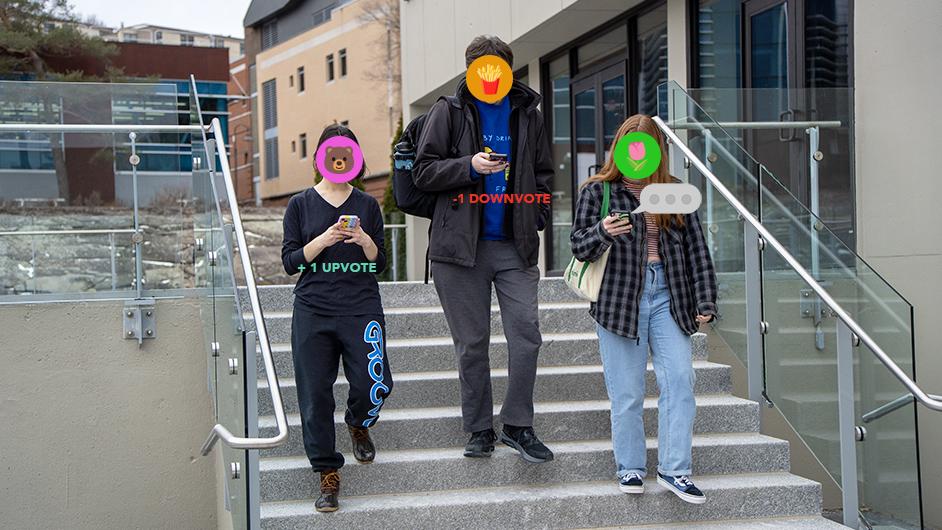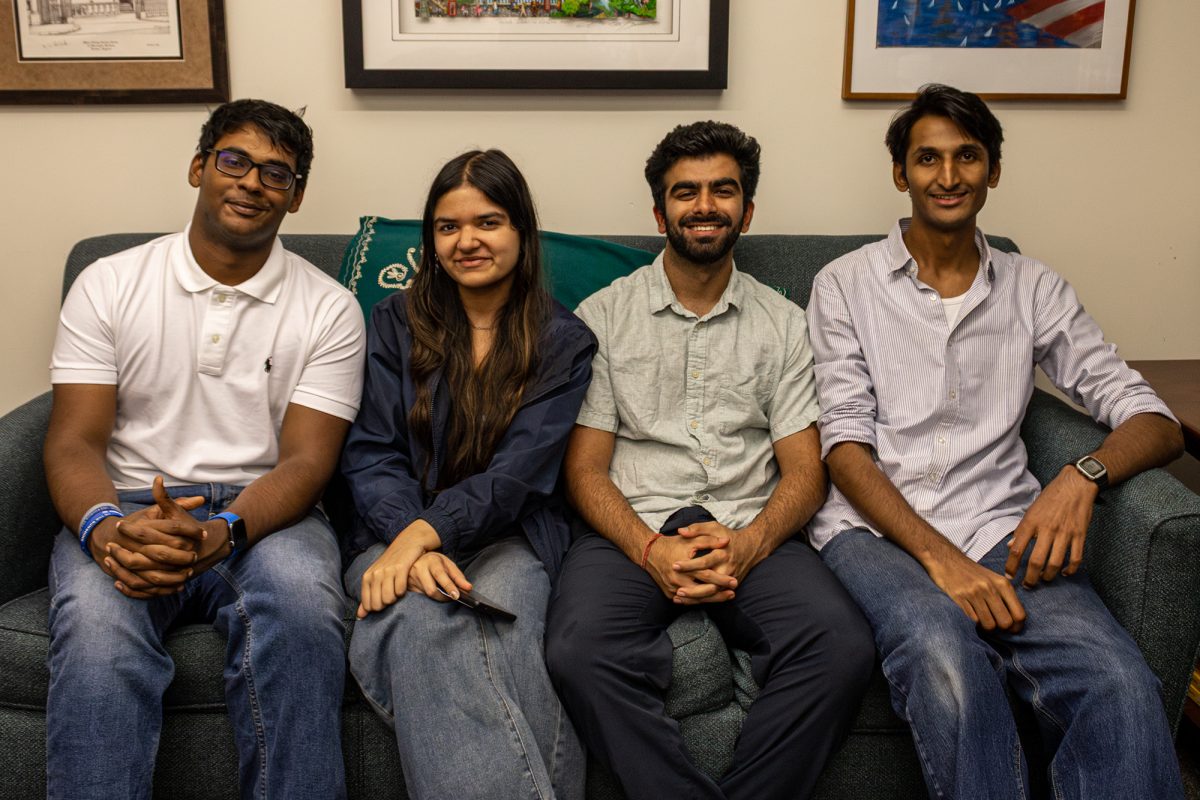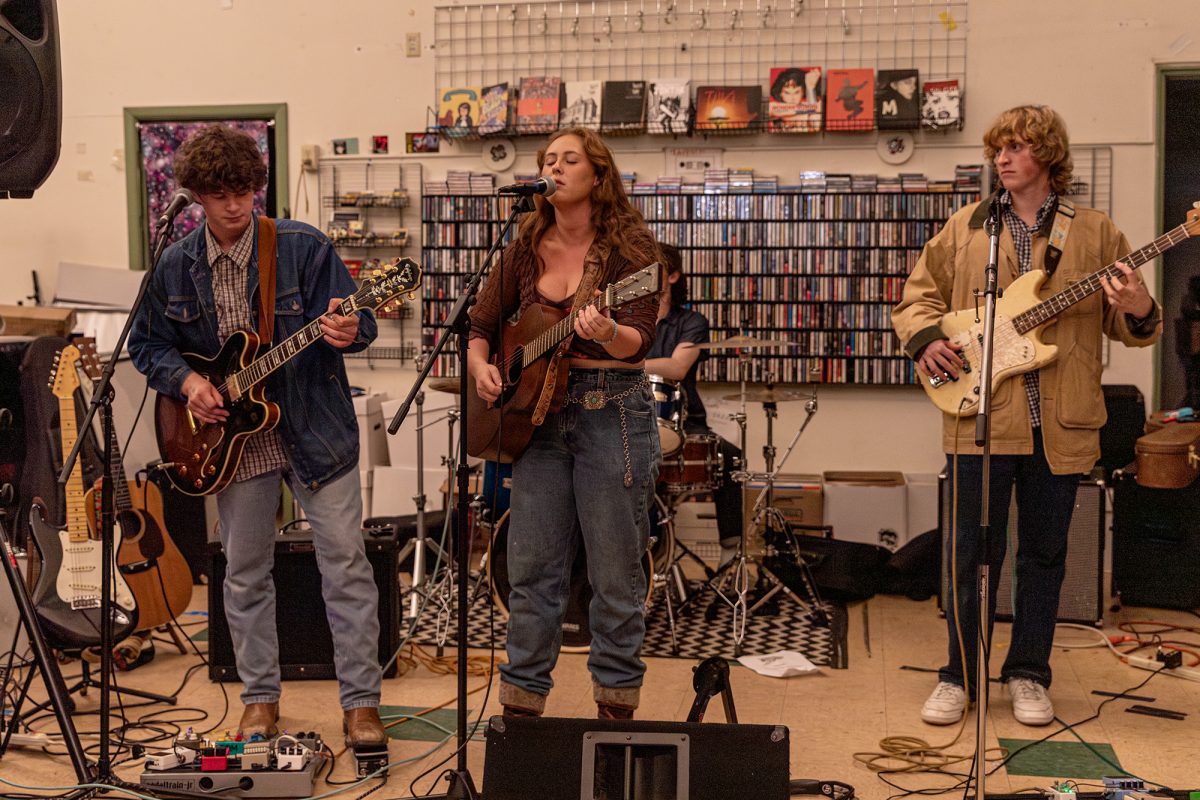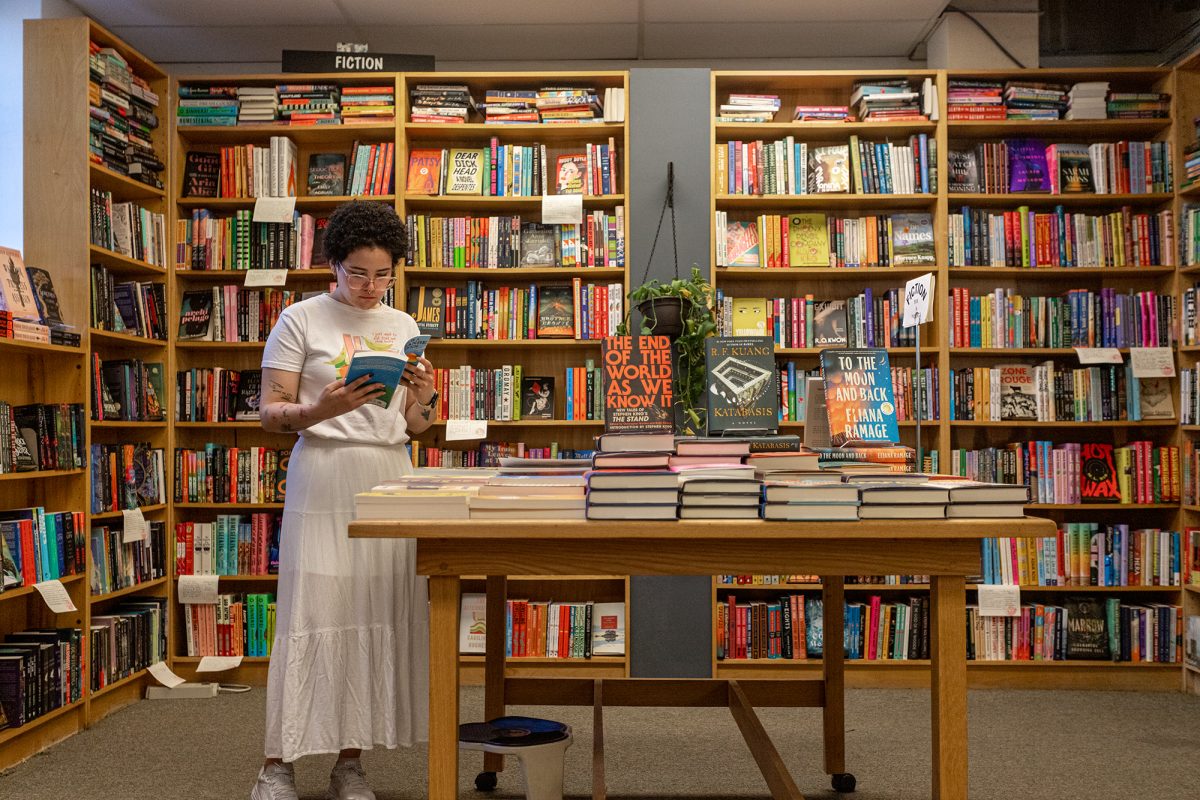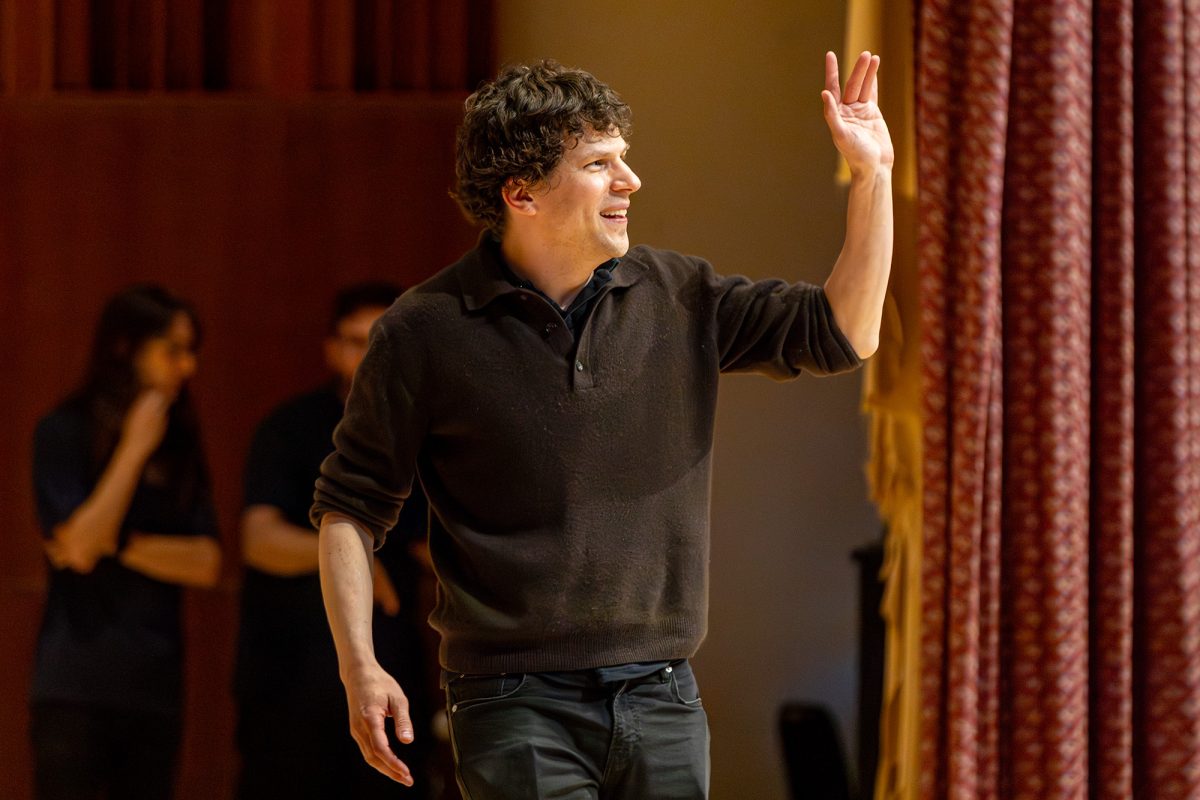No Names. No Faces. No Hate. YikYak’s ideology is slowly becoming the mantra for college students online, and the culture of the platform is hard to decipher, much less explain.
According to the New York Times, YikYak was one of the go-to social media platforms for college students in the mid-2010s. Originally marketed exclusively to college students, launching exclusively at Georgia Institute of Technology originally, then spreading throughout NCAA, ACC and SEC schools, mainly in the South. The platform first debuted on iOS and Android app stores in 2013 and quickly became one of the most downloaded apps of the year. At its peak, in August 2014, the app received over 100,000 downloads per day and millions of monthly users. The concept was simple and a recipe for success — at least according to the app’s creators, Tyler Droll and Brooks Buffington, who revealed to the Towson Towerlight that they both put plans for their futures on hold to continue developing the concept. An anonymous, community-based platform seems like a million-dollar idea, at least on paper, and it was, but only for a little while. After a dwindling user base and growing criticism because of the bigotry on the platform, YikYak shut down prior to the 2017–18 academic year.
Following an anonymous acquisition in February 2021, the app relaunched just in time for the 2021–22 academic year, and it is taking Ithaca College by storm. In the 18 months since its relaunch, the use of the platform has remained strong. It is hard to pin down exact user numbers from after the re-launch since everyone is by default anonymous on the app, but users can be found almost everywhere on campus.
It is safe to say that YikYak is a strange place, it always has been, and users certainly recognize that. Sophomore Jamie Correll said many frequent posters begin to create characters out of their existence on YikYak. She said that because of the anonymity, the app feels like a fantasy world in which people can escape the harsh responsibilities of people’s real lives.
First-year student Maddie Clarke is one of these people. She said she often uses the app, mostly to post — or “yak” — funny things her friends say that she thinks the community needs to hear. But that is just one of many uses for the app. Clarke said that when she is not posting her friends’ greatest hits, she is looking for information from the “herd” (users in the same five-mile radius).
“I mostly look for what’s going on around campus,” Clarke said. “I learn about a lot of events and other things going on through YikYak that I wouldn’t have heard otherwise.”
Some students, including Clarke, feel that the app has a sort of innate chaotic nature to it. Clarke said she finds it funny that people are posting about so many different things all at the same time. She said she has come to the realization that when she opens the app she has to face the possibility that she could see almost anything.
“It’s really jarring,” Clarke said. “I mean really; it goes from the most mundane post to the freakiest thing you’ve seen all day, and it’s usually way too early for that.”
Just because students use the app, does not always mean they understand all the aspects behind it. Sophomore Gabi Coronel said she is still just as confused about the inner workings of her fellow users as she was when she first downloaded it. Besides earning “yakarma,” or points that users garner based on the number of upvotes their posts and comments received, users seem to only post for the sake of posting .
“It’s a weird place,” Coronel said. “I don’t totally get it if I’m being honest. But, you know, it’s entertaining; I have fun on there.”
She said she mainly goes on YikYak for the jokes people post, ranging in topic from the quality of the dining hall food to rants about people’s former significant others. She said she values the anonymity of the platform, that anyone can say anything they want, and avoid the social consequences of saying something embarrassing or taboo.
YikYak has staked its claim in the social media culture, but it is not immune from criticism or comparison. Sophomore Max Eckerlin compared it to Twitter, saying that it has a kind of mob mentality, and there will be certain moments in which the entire timeline is just talking about one thing. Whether it is an event happening on campus, pop culture news or everyone piggybacking off the same joke, the “herd” of Ithaca’s YikYak users, which includes Cornell University students and Ithaca locals, seem to be on the same wavelength.
Eckerlin, however, does not subscribe to the YikYak craze anymore. At the peak of his use, he said he would check the app up to 10 times a day. He also said he would post semi-frequently, mostly about TV shows or movies he would watch. But over time, he said that using the app, especially as much as he did, added a feeling of anxiety he did not need. He said after using the app for over a year, he finally decided to delete it.
“The whole culture just isn’t the best,” Eckerlin said. “I honestly didn’t get any enjoyment out of it anymore.”
Even some people who still use it are very aware of the potential for harm on the platform. Senior Megan Handley, who said checking the app is a nightly ritual for her, wants fellow users to be aware of what they take in on the app. She said that although it is entertaining, it is important to take posts with a grain of salt.
“I think we just need to be careful of how we interpret posts on YikYak,” Handley said. “It’s a fun app, but everyone needs to think about the kinds of things they post, comment on or like. It’s an anonymous app, but it can still cause harm.”
Questionable motivations and posts that have way too much information aside, users are all on the same platform together, posting about their favorite clubs, bowel movements and most annoying classmates, with no names, no faces and no hate.
“I really see it as the voice of the student population,” Clarke said. “Everyone is speaking their mind on basically anything, so no matter what information you need, YikYak is the place to go.”



